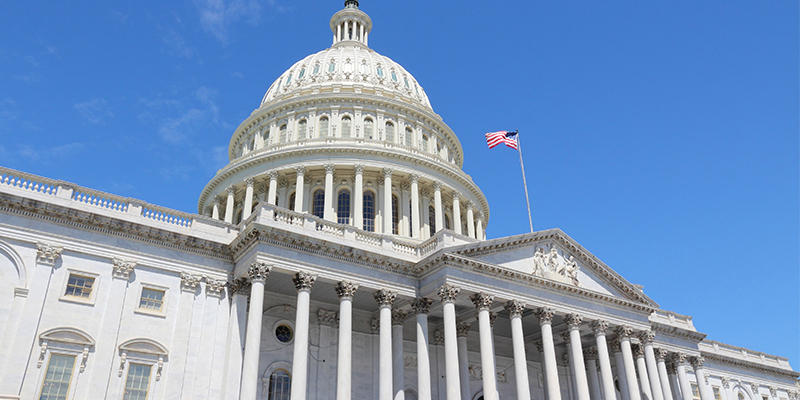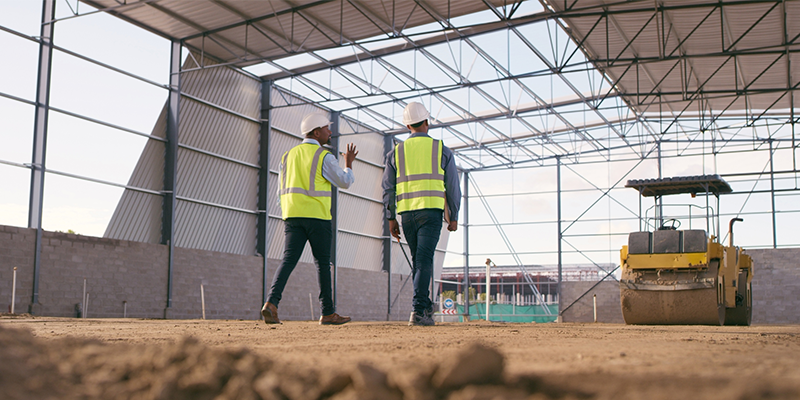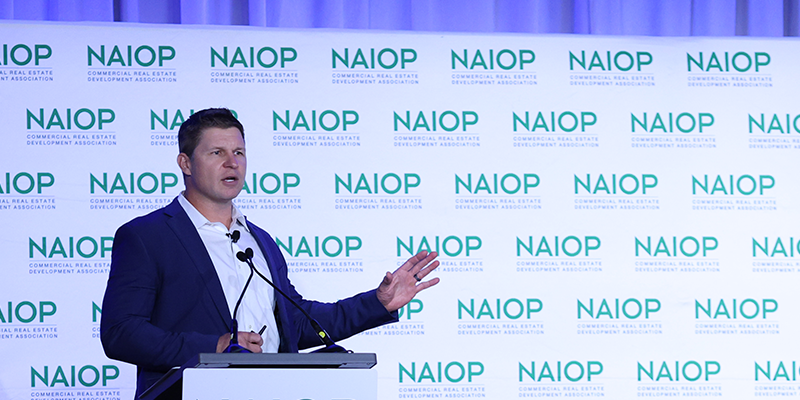The current federal tax rates were adopted in 2017, under a parliamentary process in the U.S. Congress known as budget reconciliation. While this process allows for the Senate to override the 60-vote filibuster rule and expedite passage of certain federal fiscal legislation, it makes the underlying legislation temporary, causing it to expire when the authorizing budget authority runs out. For this reason, most current federal tax rates will expire at the end of 2025 and the winner of the presidential election in November will have to work with a new Congress to address a series of tax and fiscal challenges next year.
Among the more urgent issues for commercial real estate:
- Capital gains and ordinary income tax rates will revert to 2017 levels.
- The estate tax exemption will be cut in half.
- The 20 percent deduction for many pass-through businesses will disappear.
- The standard deduction will also be reduced by half.
In preparation for this undertaking, Jason Smith, the chairman of the House Ways and Means Committee – the committee responsible for setting federal tax policy – has formed 10 committee tax teams led by the majority Republican side to study current tax policy and determine potential provisions for the 2025 legislation. Each team is comprised of Republican committee members, with each assigned specific areas of tax policy for review. The teams are:
| American Manufacturing Chair: Vern Buchanan (FL) Rep. Greg Murphy (NC) Rep. Jody Arrington (TX) Rep. Claudia Tenney (NY) Rep. Nicole Malliotakis (NY) | American Workforce Chair: Darin LaHood (IL) Rep. Mike Carey (OH) Rep. Brad Wenstrup (OH) Rep. Lloyd Smucker (PA) Rep. Brian Fitzpatrick (PA) | New Economy Chair: David Schweikert (AZ) Rep. Beth Van Duyne (TX) Rep. Greg Murphy (NC) Rep. Claudia Tenney (NY) Rep. Michelle Steel (CA) |
| Working Families Chair: Brian Fitzpatrick (PA) Rep. Nicole Malliotakis (NY) Rep. Blake Moore (UT) Rep. Michelle Steel (CA) Rep. Mike Carey (OH) | Main Street Chair: Lloyd Smucker (PA) Rep. Greg Steube (FL) Rep. Vern Buchanan (FL) Rep. Adrian Smith (NE) Rep. Jody Arrington (TX) Rep. Beth Van Duyne (TX) | Community Development Chair: Mike Kelly (PA) Rep. Claudia Tenney (NY) Rep. Darin LaHood (IL) Rep. Blake Moore (UT) Rep. Mike Carey (OH) |
| U.S. Innovation Chair: Ron Estes (KS) Rep. Michelle Steel (CA) Rep. David Schweikert (AZ) Rep. Drew Ferguson (GA) Rep. Kevin Hern (OK) Rep. Greg Murphy (NC) | Global Competitiveness Chair: Kevin Hern (OK) Rep. Blake Moore (UT) Rep. Mike Kelly (PA) Rep. Ron Estes (KS) Rep. Carol Miller (WV) Rep. Randy Feenstra (IA) | Supply Chains Chair: Carol Miller (WV) Rep. David Kustoff (TN) Rep. Brad Wenstrup (OH) Rep. Drew Ferguson (GA) Rep. Michelle Fishbach (MN) Rep. Randy Feenstra (IA) |
| Rural America Chair: Adrian Smith (NE) Rep. Randy Feenstra (IA) Rep. Michelle Fischbach (MN) Rep. David Kustoff (TN) Rep. Greg Steube (FL) |
How tax policy changes affect commercial real estate will be an important factor in the consideration of the members of the various tax teams as the potential economic impact could be profound. As reflected in the 2024 NAIOP Research Foundation report, commercial real estate is an important driver of economic growth, contributing $2.5 trillion to U.S. GDP, generating $881.4 billion in personal earnings, and supporting 15 million jobs.
As the policy process advances, NAIOP’s advocacy staff will be working closely with the Ways and Means tax team members to promote policies that ensure a supportive tax environment for the industry. In addition, the committee tax teams will be accepting public comments through October 15, 2024. Of course, much of what happens in 2025 on tax policy will depend on the outcome of








